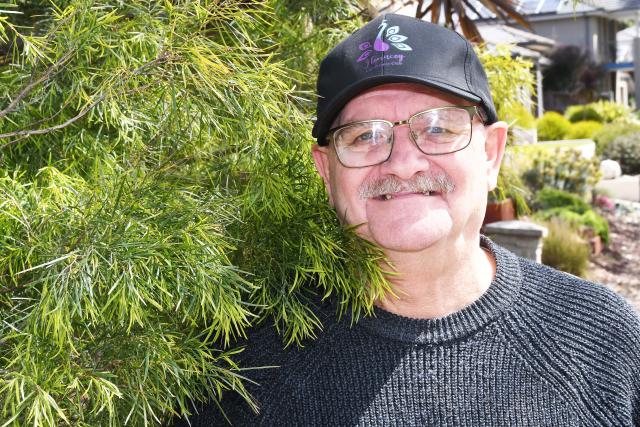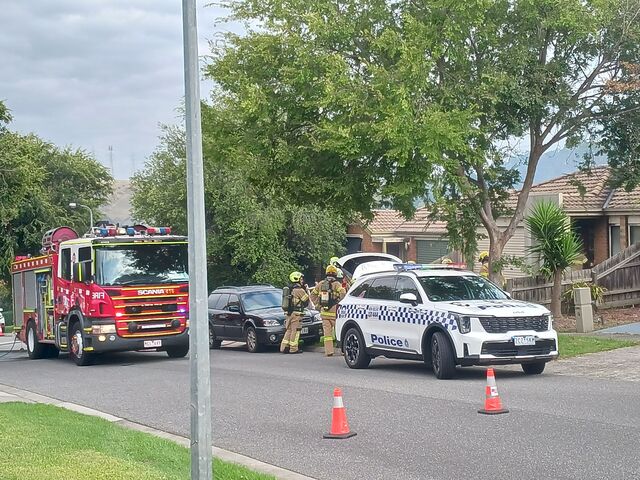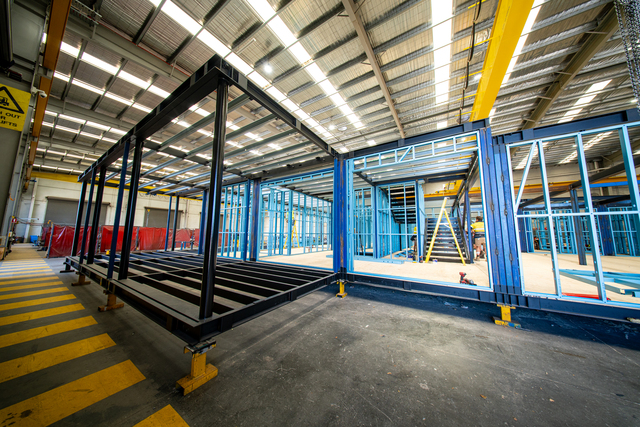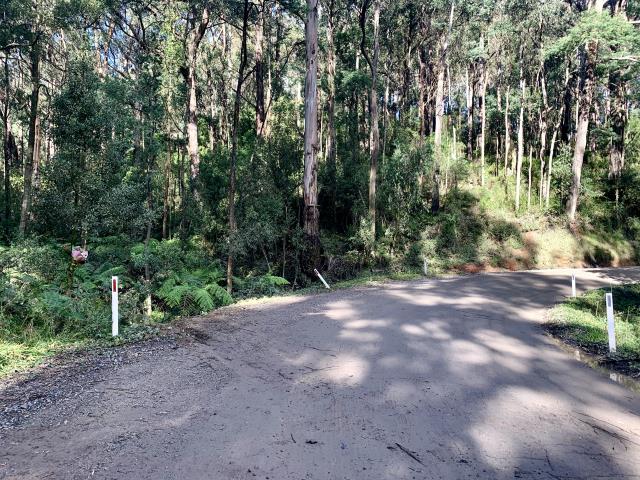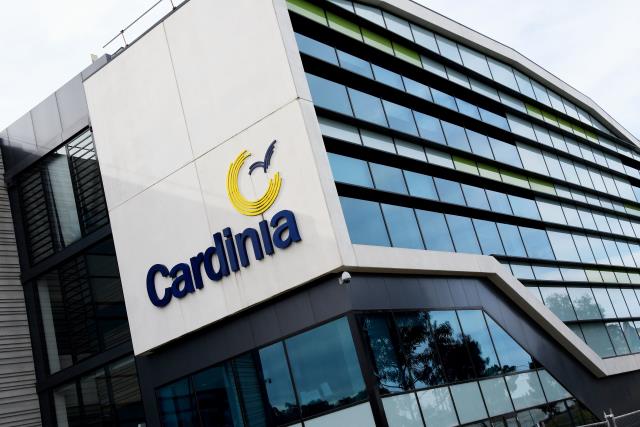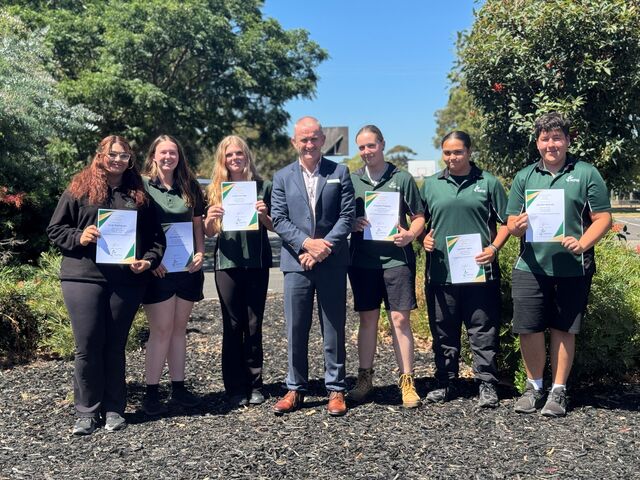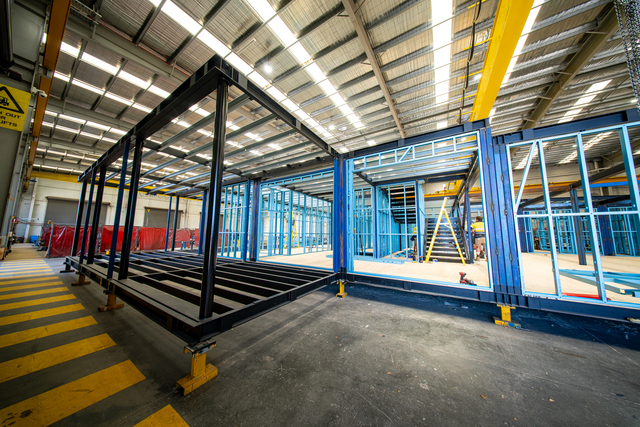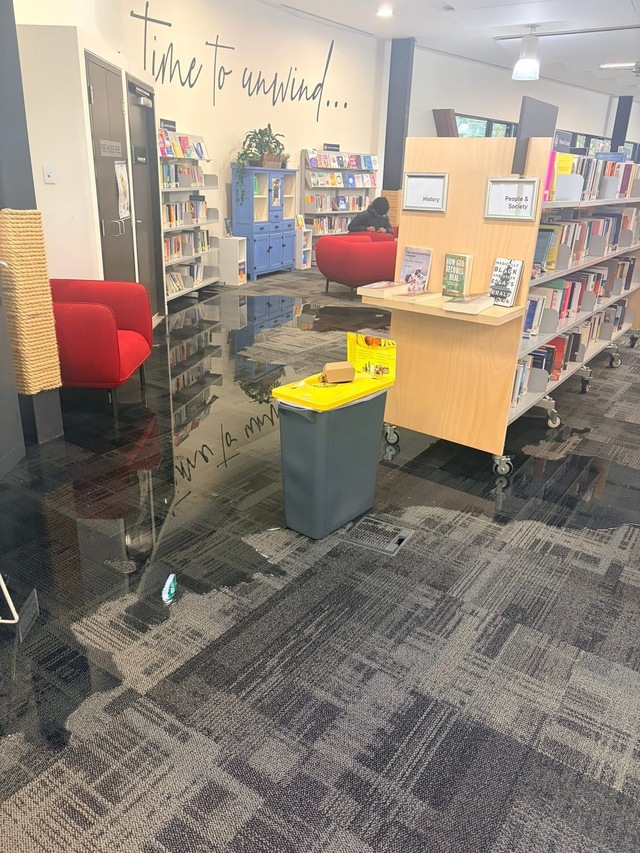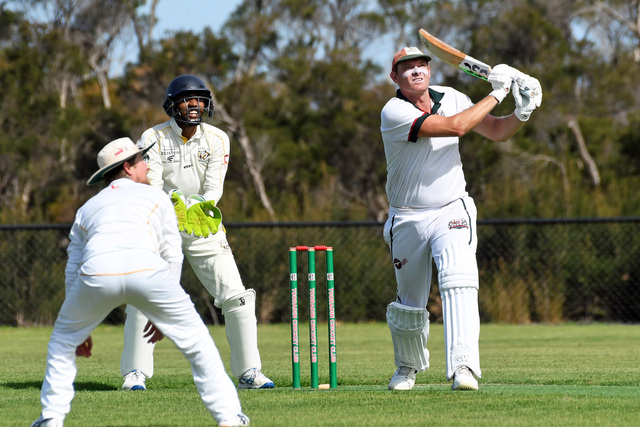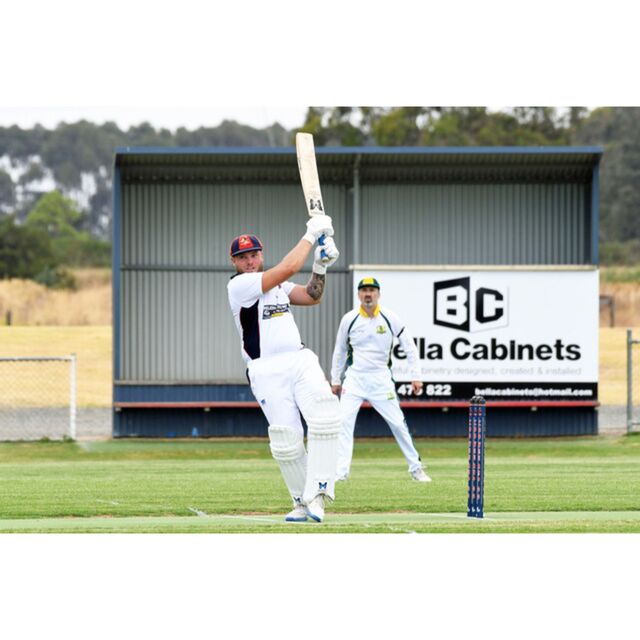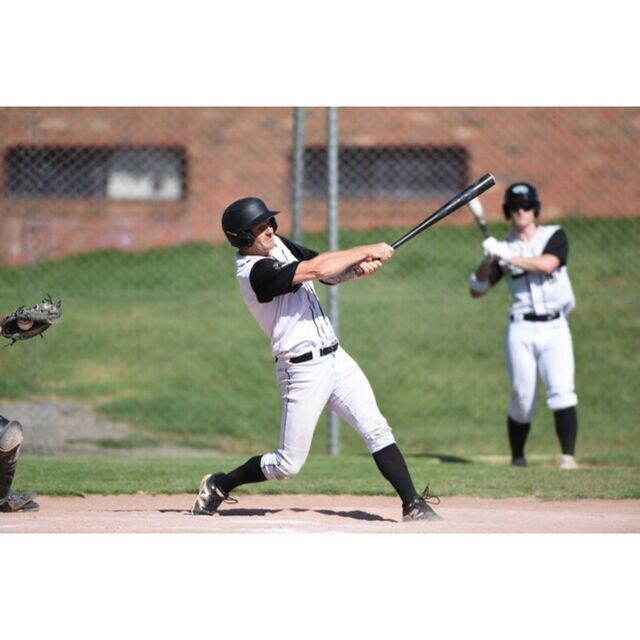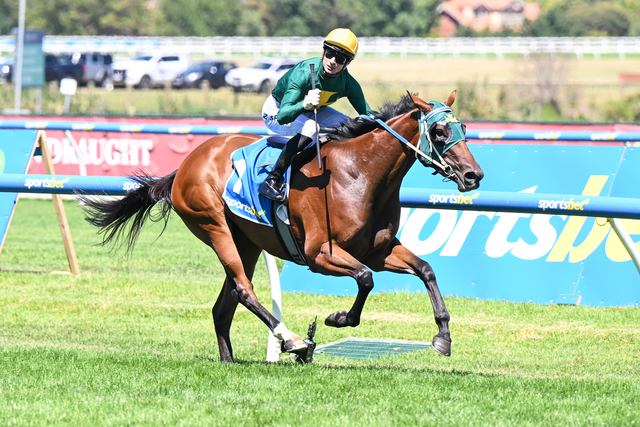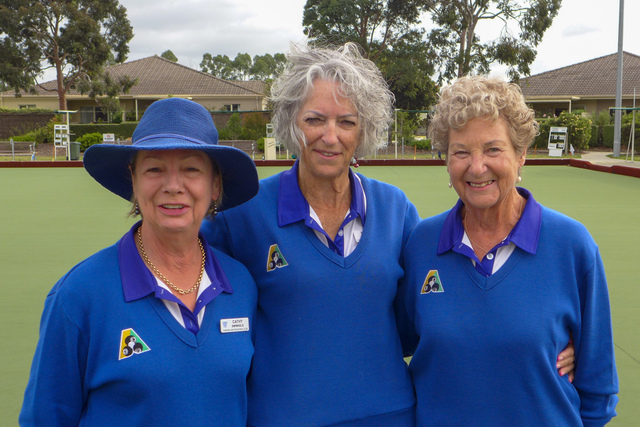Cranbourne resident Peter Sellers has been encouraging Australians aged 50 to 74 to use the free at-home bowel cancer screening kit amid a declining participation rate.
Peter was diagnosed with bowel cancer three years ago with the toolkit and since then, he has joined Cancer Council and the Australian Government’s National Bowel Cancer Screening Programme (NBCSP) awareness campaign.
Bowel cancer, also known as colorectal cancer, is Australia’s second deadliest cancer and the fourth most commonly diagnosed cancer, according to Cancer Council Australia.
The risk of developing bowel cancers increases significantly and progressively from age 50, while the number of Australians under age 50 diagnosed with bowel cancer has been rising steadily.
People may not have any symptoms during the early stages of bowel cancer, which is why Peter said taking the screening kit was very important.
People aged 50 to 74 are sent a pack of toolkit every two years as part of the NBSCP, yet Peter did not use it until age 64.
“I feel good. Why do I have to do all this?” he said.
“Then it just happened. There is no symptom, and there is nothing in the family of bowel cancer.
“When I had my data and my results back, all my friends who are at my age got the testing done straight away.”
Peter believed the earlier you test yourself, the better.
He was in stage 2 when he was diagnosed and all he had was a five-hour surgery.
The recovery took about eight to 10 weeks as the operation wasn’t invasive to his body.
As stated by Bowel Cancer Australia, almost 99 per cent of bowel cancer cases can be treated successfully when detected early.
Peter felt compelled to promote the awareness after he read on the news that fewer and fewer people are getting the test done.
“I wouldn’t be here today if it if I didn’t do it,” he said.
Each year, the Australian Government offers free screening kits to more than six million Australians through the NBCSP.
Australian Institute of Health and Welfare found that in 2020-2021, around 40 per cent of people aged 50 to 74 who were invited to screen participated.
In Victoria, about 44 per cent of the eligible aged 50 to 74 took part in the program, a decrease from 46.5 per cent in 2019-2020.
Health Minister Mark Butler said raising the participation rate to 60 per cent would save 84,000 lives by 2040.
“Please put the test somewhere visible like the bathroom as a reminder. Doing the test as soon as you get it could save your life,” he said.
Cancer Council Australia chief executive officer Professor Tanya Buchanan said they wanted Australians to continue to enjoy life to the fullest after they turn 50.
“Staying on top of preventative health screening, including bowel screening, is one of the best ways to be able to enjoy the special milestone moments life has to offer,” she said.
Peter travelled to Bali and America with his families after the recovery and the Covid.
Up til this day, he still insists he has been one of the lucky people who survived the bowel cancer without hurting too much.
“If you forget to check, do the testing,” he said.
“It saves your life.”
For more information on NBCSP, visit cancer.org.au/bowelscreening

